The Rise of Sustainable Luxury Accommodations
Luxury accommodations are no longer just about extravagance and opulence; they are now embracing sustainability as a core value. The rise of sustainable luxury accommodations marks a significant shift in the hospitality industry, where eco-friendly practices are becoming increasingly prevalent. This article delves into the growing trend of high-end hotels and resorts prioritizing environmental responsibility, not only for the benefit of the planet but also to cater to the evolving preferences of conscientious guests.

Green Building Practices
Luxury accommodations are increasingly incorporating to align with sustainable principles. These practices involve the utilization of energy-efficient designs, sustainable materials, and renewable energy sources. By implementing these eco-friendly strategies, high-end hotels and resorts aim to minimize their environmental impact and reduce their carbon footprint. Picture a luxurious hotel that not only offers opulent amenities but also operates in harmony with nature, prioritizing the well-being of the planet.
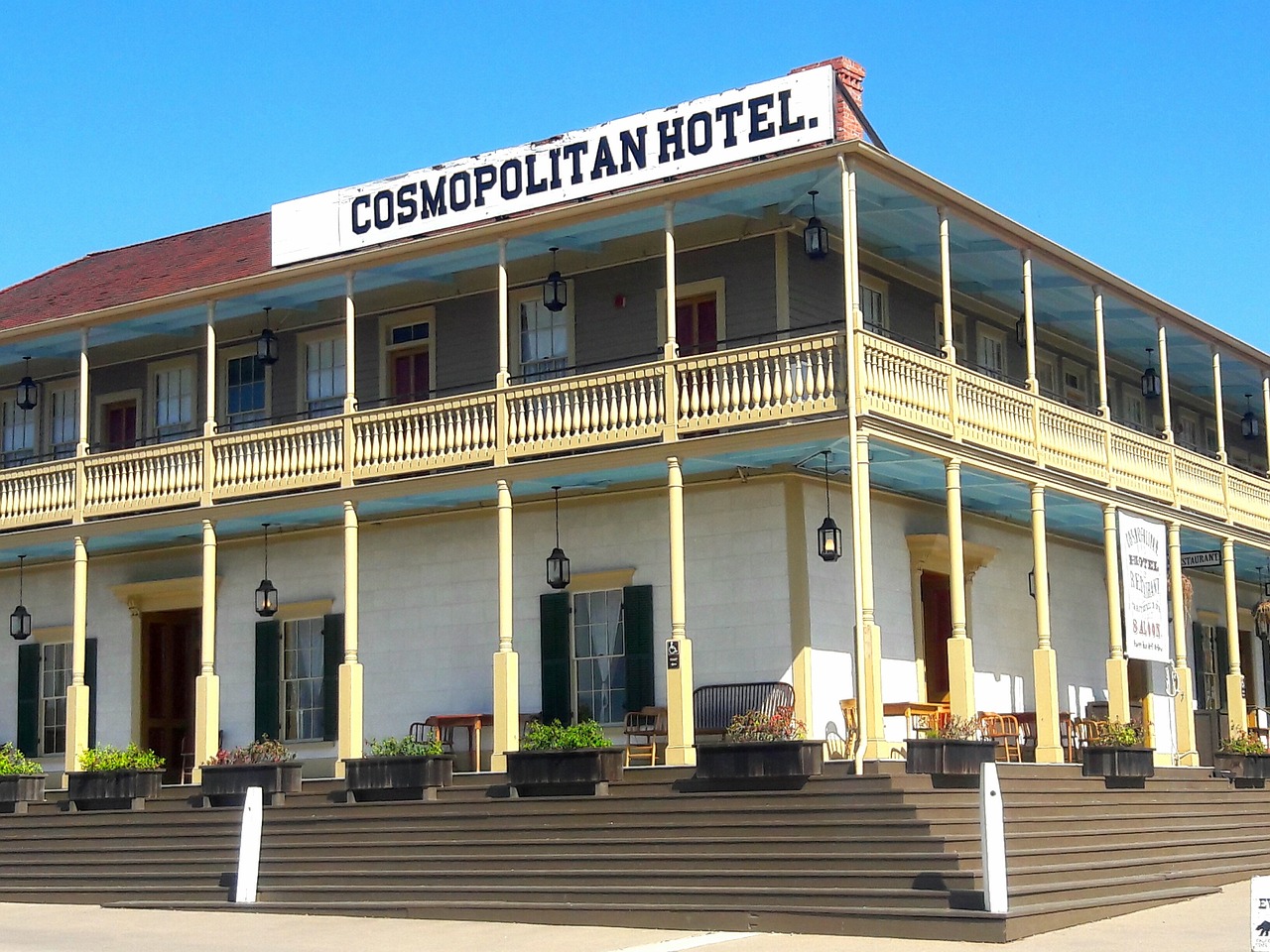
Organic and Local Food
When it comes to dining at luxury accommodations, the focus has shifted towards sustainability, with many high-end hotels prioritizing organic and locally sourced food options. By sourcing ingredients locally, these establishments support sustainable agriculture practices and reduce their carbon footprint by cutting down on transportation emissions. Guests are treated to fresh, flavorful meals that not only promote health but also showcase the unique flavors of the region.
Furthermore, the emphasis on organic food ensures that guests are consuming produce free from harmful pesticides and chemicals, contributing to their overall well-being. This commitment to offering organic and local food reflects a dedication to providing guests with a dining experience that is not only delicious but also environmentally conscious.
Imagine indulging in a gourmet meal prepared with ingredients sourced from nearby farms, where each bite tells a story of sustainability and local flavor. Luxury accommodations are not only meeting the expectations of discerning guests but also setting a new standard for responsible dining practices in the hospitality industry.
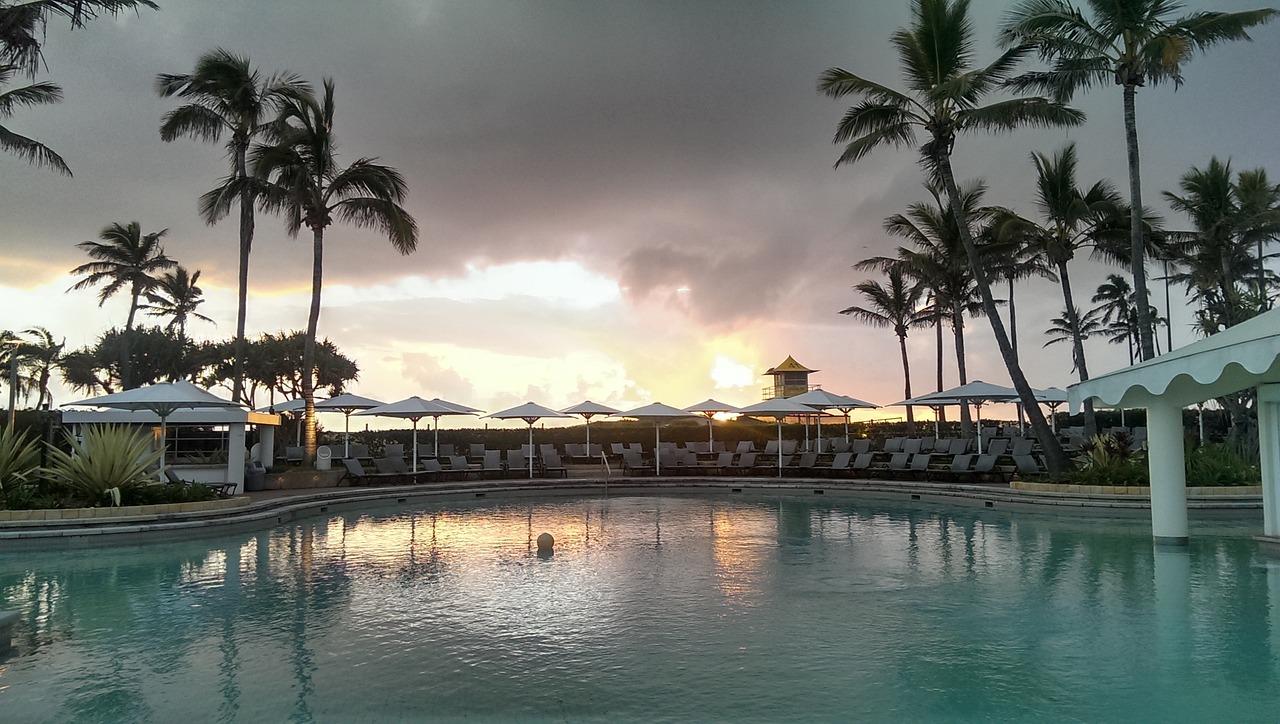
Water Conservation Initiatives
Water conservation initiatives in luxury accommodations play a crucial role in promoting sustainability and reducing environmental impact. These initiatives go beyond traditional practices to incorporate innovative technologies and strategies that prioritize the responsible use of water resources.
One key aspect of water conservation in luxury hotels is the implementation of low-flow fixtures in bathrooms and kitchens. These fixtures are designed to reduce water usage without compromising on performance, allowing guests to enjoy a luxurious experience while conserving water.
Additionally, many high-end hotels are investing in greywater recycling systems to treat and reuse wastewater for purposes like irrigation and toilet flushing. By recycling greywater, hotels can significantly reduce their freshwater consumption and minimize the strain on local water supplies.
Furthermore, luxury accommodations are exploring drip irrigation systems for landscaping and gardens, ensuring that plants receive water directly at their roots with minimal waste. This targeted approach to irrigation not only conserves water but also promotes the health and vitality of vegetation on the property.
Some hotels are also incorporating smart water management technologies that monitor water usage in real-time, detect leaks, and optimize water distribution throughout the property. These advanced systems enable efficient water conservation practices and provide valuable data for ongoing sustainability efforts.
Moreover, luxury hotels are engaging guests in water-saving initiatives through educational programs and awareness campaigns. By encouraging guests to participate in conservation efforts, hotels can instill a sense of environmental responsibility and inspire sustainable practices beyond the duration of their stay.
In summary, water conservation initiatives in luxury accommodations combine innovative technologies, guest engagement, and sustainable practices to minimize water consumption and promote environmental stewardship. By prioritizing water conservation, high-end hotels demonstrate their commitment to sustainability and contribute to the preservation of precious water resources for future generations.

Community Engagement
Community engagement is a vital aspect of sustainable luxury accommodations, going beyond providing exceptional service to guests. These high-end hotels and resorts actively seek to connect with local communities through various initiatives and partnerships. By collaborating with local organizations, luxury accommodations can contribute to the well-being of the community and support social causes that align with their values.
One common way luxury hotels engage with communities is through charitable initiatives. They may donate a portion of their revenue to local charities or sponsor events that benefit the community. By giving back in this way, these accommodations demonstrate their commitment to making a positive impact beyond their property walls.
Additionally, luxury hotels often prioritize cultural exchanges with the local community. This can involve hosting events that showcase local traditions, art, and cuisine, providing guests with an authentic and enriching experience. By promoting cultural awareness and appreciation, these accommodations foster a sense of connection and mutual respect between guests and the community.
Moreover, partnerships with local businesses and artisans are another way luxury accommodations engage with the community. By sourcing products and services locally, these hotels support the economy and promote sustainable practices. Guests can enjoy unique, handcrafted items while contributing to the livelihood of local entrepreneurs.
Overall, community engagement plays a crucial role in the sustainability efforts of luxury accommodations. By building strong relationships with the local community, these hotels not only enhance the guest experience but also create a positive impact that extends beyond their premises.
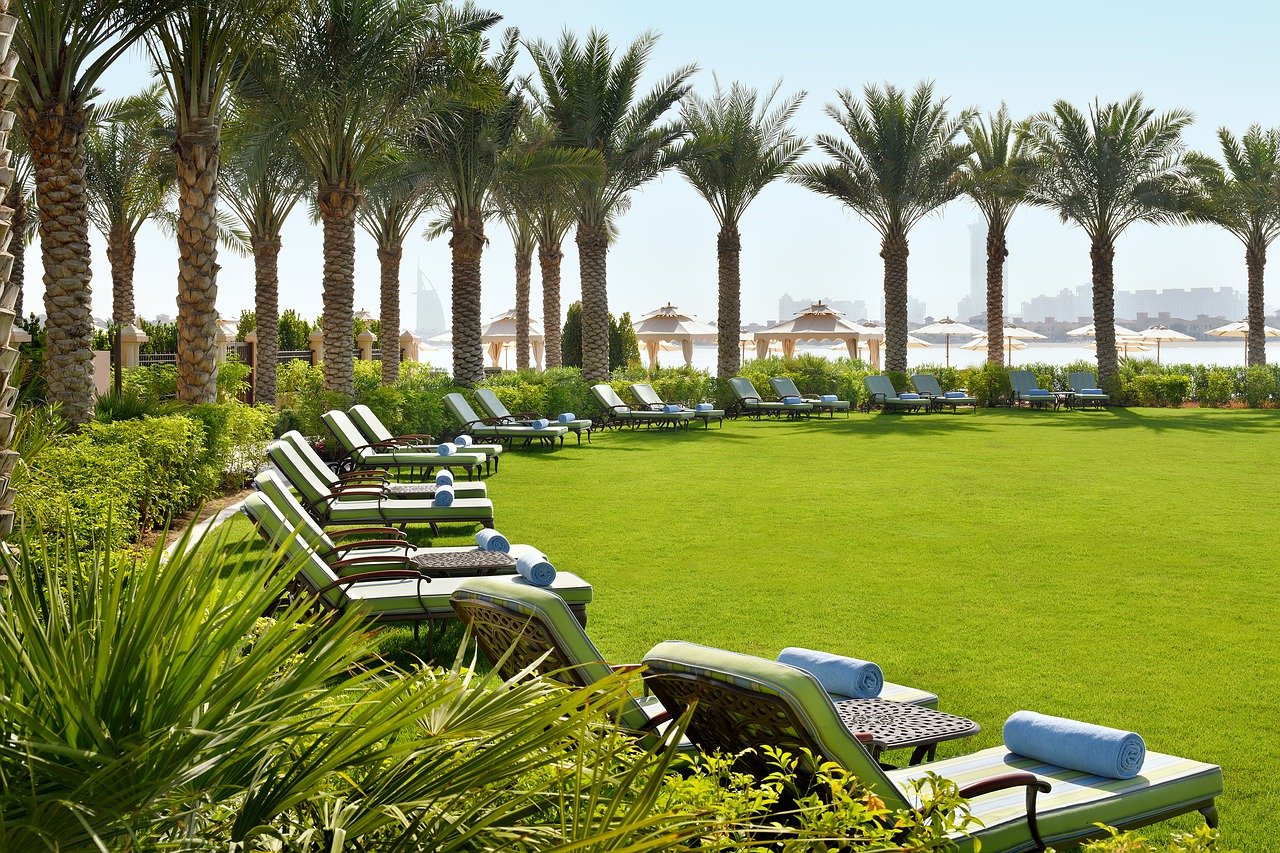
Wellness and Sustainability
Wellness and sustainability go hand in hand in the world of luxury accommodations, offering guests a holistic experience that benefits both mind and body while respecting the environment. Picture yourself waking up in a serene eco-lodge surrounded by lush greenery, with the gentle sounds of nature soothing your senses. This setting not only promotes relaxation but also creates a deep connection to the natural world, reminding us of the importance of preserving our planet for future generations.
Imagine stepping into a spa that embraces sustainability by using natural, organic products in their treatments. These spas not only enhance your well-being but also contribute to the preservation of ecosystems by supporting eco-friendly practices. From rejuvenating massages to calming yoga classes, luxury accommodations are focusing on providing guests with experiences that promote health and harmony with nature.
Outdoor activities such as nature walks, guided hikes, and meditation sessions offer guests the opportunity to immerse themselves in the beauty of the surrounding environment. These activities not only promote physical health but also foster a sense of appreciation for the natural world, encouraging sustainable practices both during the stay and beyond.
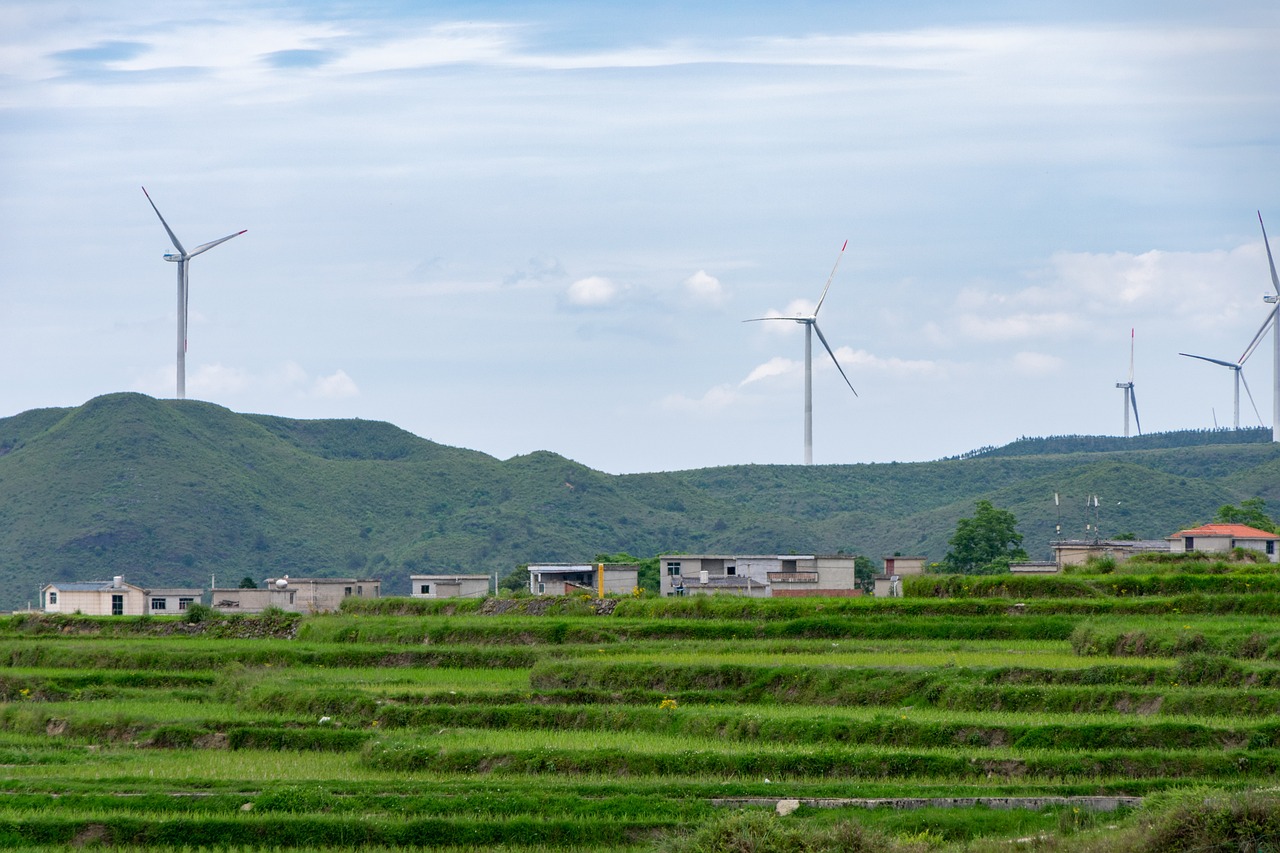
Waste Management Strategies
Waste management strategies in luxury accommodations play a crucial role in minimizing environmental impact and promoting sustainability. These establishments are increasingly adopting innovative approaches to handle waste responsibly and reduce their contribution to landfill sites. One common strategy is the implementation of comprehensive recycling programs that segregate waste materials for proper disposal or repurposing. By sorting recyclables like paper, plastic, glass, and metal, hotels can significantly reduce the amount of waste sent to landfills.
In addition to recycling, luxury hotels are embracing composting as a sustainable waste management solution. Organic waste, such as food scraps and garden trimmings, can be composted to create nutrient-rich soil for landscaping or gardening purposes. This not only diverts organic matter from landfills but also promotes a circular economy by turning waste into a valuable resource. Composting facilities on-site enable hotels to manage their organic waste efficiently and contribute to environmental conservation.
Moreover, waste reduction initiatives are gaining traction in the hospitality industry, with luxury accommodations taking steps to minimize single-use plastics and packaging materials. By offering refillable toiletry dispensers in guest rooms and public areas, hotels reduce plastic waste generated by individual amenities. Sustainable packaging solutions for amenities and room service items further support waste reduction goals, encouraging guests to participate in eco-friendly practices during their stay.
Collaboration with local recycling facilities and waste management partners is another effective strategy employed by luxury hotels to ensure proper waste disposal and resource recovery. Establishing partnerships with certified waste management companies enables hotels to adhere to environmental regulations and best practices in waste handling. By working together with experts in waste management, hotels can streamline their waste disposal processes and implement sustainable solutions that benefit both the environment and the community.
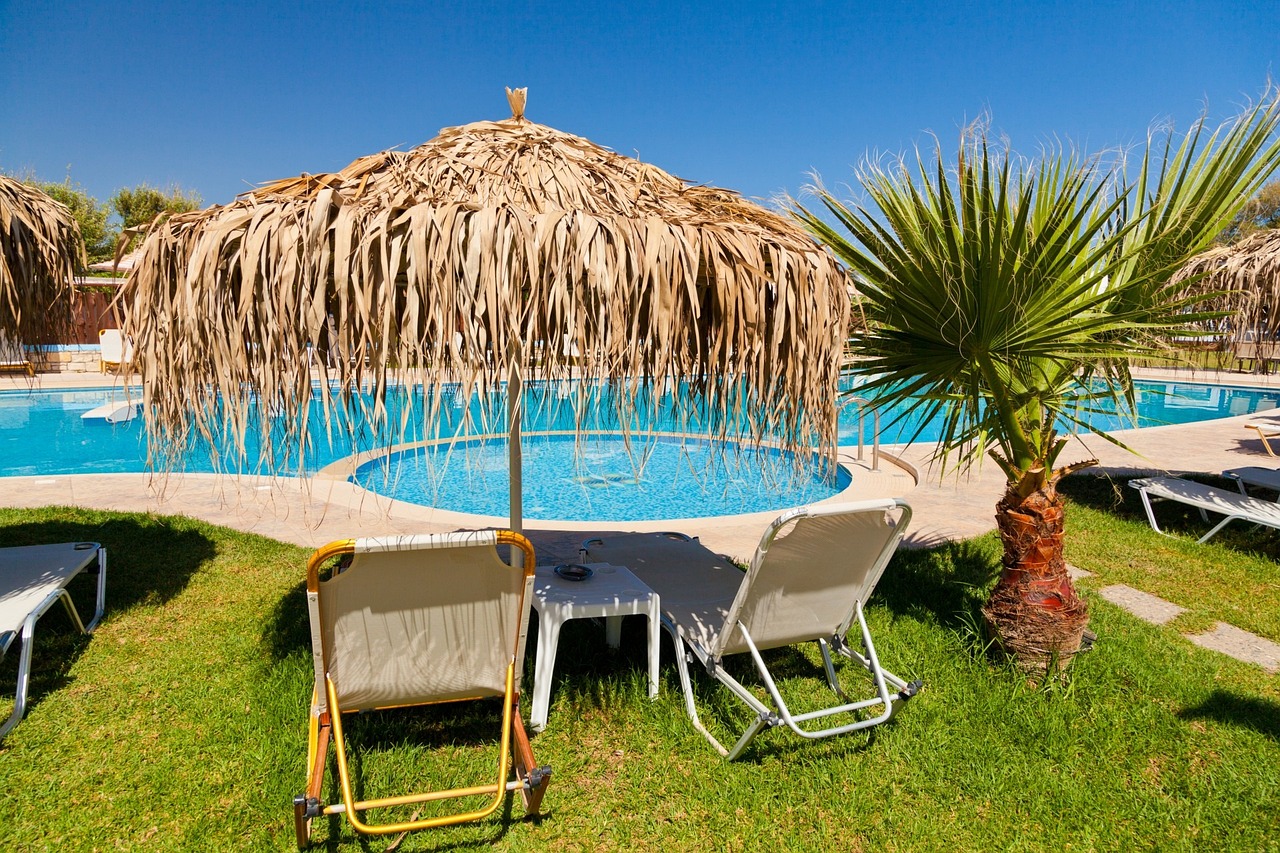
Carbon Offsetting Programs
Carbon offsetting programs have become a key initiative for some luxury accommodations looking to mitigate their environmental impact. These programs allow hotels to invest in projects that reduce or remove greenhouse gas emissions elsewhere, essentially balancing out their own carbon footprint. By supporting projects like reforestation, renewable energy, and methane capture, luxury hotels can take responsibility for their emissions and contribute to global efforts to combat climate change.

Eco-Friendly Amenities
Luxury hotels are taking significant steps towards sustainability by offering a range of eco-friendly amenities to their guests. These amenities not only enhance the guest experience but also contribute to reducing the environmental impact of the hospitality industry. One popular eco-friendly amenity is the use of refillable toiletry dispensers in guest rooms. By providing refillable options for shampoo, conditioner, and body wash, hotels can significantly reduce the amount of single-use plastic waste generated by traditional individual toiletry bottles.
In addition to toiletry dispensers, luxury accommodations are installing electric vehicle charging stations on their premises. This initiative supports guests who drive electric vehicles and encourages sustainable transportation options. By providing convenient access to charging stations, hotels are promoting eco-friendly practices and catering to the needs of environmentally conscious travelers.
Moreover, sustainable bedding options have become a key feature of eco-friendly amenities in luxury hotels. Guests can enjoy the comfort of high-quality bedding made from organic materials such as bamboo or cotton. These sustainable bedding options not only provide a luxurious sleeping experience but also support ethical and environmentally friendly practices in the textile industry.
Furthermore, some luxury hotels are incorporating smart technology into their rooms to enhance energy efficiency and guest comfort. From automated lighting systems that adjust based on occupancy to smart thermostats that regulate room temperature efficiently, these eco-friendly amenities help reduce energy consumption while providing a seamless and convenient experience for guests.
Overall, the integration of eco-friendly amenities in luxury accommodations represents a commitment to sustainability and responsible tourism. By offering refillable toiletry dispensers, electric vehicle charging stations, sustainable bedding options, and smart technology, hotels are setting new standards for environmentally conscious hospitality and inspiring guests to make sustainable choices during their stay.
Frequently Asked Questions
- What are some common green building practices adopted by luxury accommodations?
Luxury accommodations often incorporate green building practices such as energy-efficient design, the use of sustainable materials, and the integration of renewable energy sources. These practices help minimize environmental impact and reduce carbon footprint.
- How do luxury hotels contribute to water conservation efforts?
Luxury hotels contribute to water conservation through the implementation of water-saving technologies like low-flow fixtures and greywater recycling systems. These initiatives aim to reduce water consumption and promote sustainable water management.
- What is the significance of organic and local food offerings in luxury hotels?
Organic and locally sourced food offerings in luxury hotels support sustainable agriculture, provide guests with fresh and healthy dining options, and reduce the carbon footprint associated with food transportation. It also promotes a connection to the local community and environment.
- How do luxury accommodations engage with local communities?
Luxury accommodations engage with local communities through partnerships, charitable initiatives, and cultural exchanges. These efforts foster positive relationships, support social responsibility, and contribute to the overall well-being of the community.
- What types of waste management strategies do luxury hotels adopt?
Luxury hotels adopt waste management strategies such as recycling programs, composting, and the reduction of single-use plastics. These initiatives aim to minimize landfill waste, promote a circular economy, and reduce environmental impact.



















